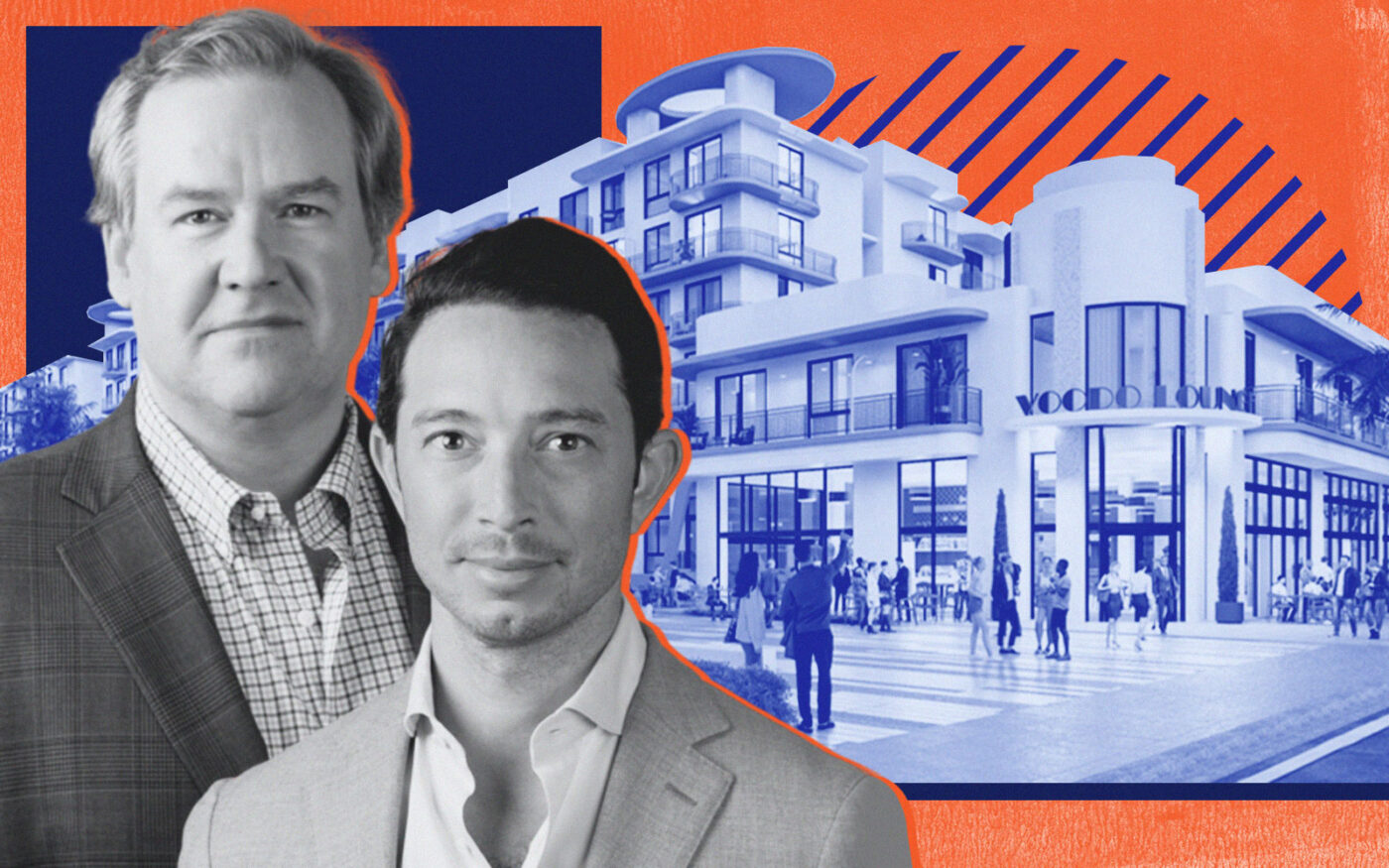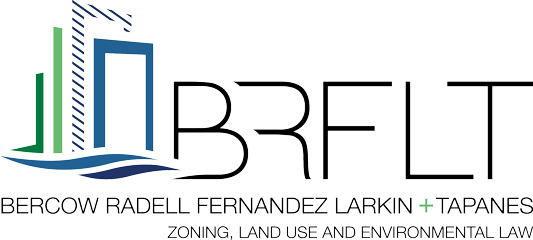CLIENT NEWS: Acre scores controversial upzoning approval for 337-unit rental project near MiMo’s Legion park
September 12, 2024A developer scored approval for a controversial upzoning for a 337-unit apartment project adjacent to Miami’s Legion Memorial Park, despite vehement pushback from neighbors.
The Miami Planning, Zoning and Appeals Board greenlit the rezoning of a 3.5-acre vacant assemblage on the northeast corner of Biscayne Boulevard and Northeast 64th Street. Acre, an Atlanta-based multifamily private equity and investment firm, wants to build the six-story apartment building. The project, called Adela II, would rise immediately west of the bayfront five-story Adela I building with 236 units, which Acre completed in 2020.
The developer had requested an upzoning from T5-R, which limits heights to five stories, to T6-8-L, which allows six-story buildings. Acre also sought a future land use map amendment of the 15-lot assemblage to “restricted commercial.” Last week, the planning board voted 5-2 to approve both items.
The project would rise in the heart of the MiMo Biscayne Boulevard Historic District, as well as near Miami’s Palm Grove Neighborhood Historic District and Bayside Historic District.
Adela II, which has been in the works for at least two years, has gone through several iterations, with the developer’s team tweaking plans following input from nearby residents and commissioner Christine King, who represents the area.
The project would include 20 apartments at below-market rents, with 16 of the units designated for households earning no more than 80 percent of the area median income, and four units allotted for households earning between 80 percent and 120 percent of the AMI.
A portion of Northeast 64th Terrace, a one-way street that connects Biscayne Boulevard to Legion park, will be closed. Acre would create new pedestrian promenades leading to the park.
In a covenant, Acre also will commit to building 337 units and to not using the Live Local Act to seek additional height or density.
But neighboring residents weren’t comforted by the promise of the land covenant and cited concerns about increased traffic on already congested Biscayne Boulevard and side streets. In the beginning, Acre had presented a much more palatable project that didn’t require upzoning, some homeowners said during the meeting.
“Our thought is, listen, you presented to us what we… could deal with … But there was a request by commissioner King to add affordable housing, and when that was done, everything flew out the window,” said William Arthur, vice president of the Bayside Residents Association. “They presented this huge upzoning proposal.… We know they can do this [project] with the existing zoning.”
Attorney Melissa Tapanes Llahues, who represented Acre in front of the planning board, disagreed. The upzoning is needed to allow for an extra story to accommodate ground-floor public parking that neighbors had requested, she said at the meeting. The public parking would be free during the farmers market at Legion park.
Despite the extra floor, the building’s height will be capped at 75 feet, which is the same as Adela I’s height.
But nearby residents pointed out that they have little recourse to enforce land covenants, which are agreements between developers and local governments, and that municipalities can rescind covenants. Some said they aren’t opposed to the project, but alleged the upzoning amounts to “spot” zoning, a controversial practice where a lot has different development regulations than the surrounding area.
This “sets a precedent that doesn’t need to be set in a historic district,” said homeowner Allison Greenfield.
One planning board member questioned Tapanes Llahues why the developer is pushing for upzoning in light of strong opposition. Instead, Acre could just keep the existing zoning without meeting the community’s requests for affordable units and public parking, the board member suggested.
More residents showed up at community meetings than attended the planning board meeting, Tapanes Llahues said. This means many neighbors’ concerns have already been placated through the project tweaks, she said. Aside from allowing for ground-floor public parking, the sixth story also allows for a wider range of unit sizes, Tapanes Llahues said.
“It definitely isn’t greed,” motivating the developer, she said.




















































